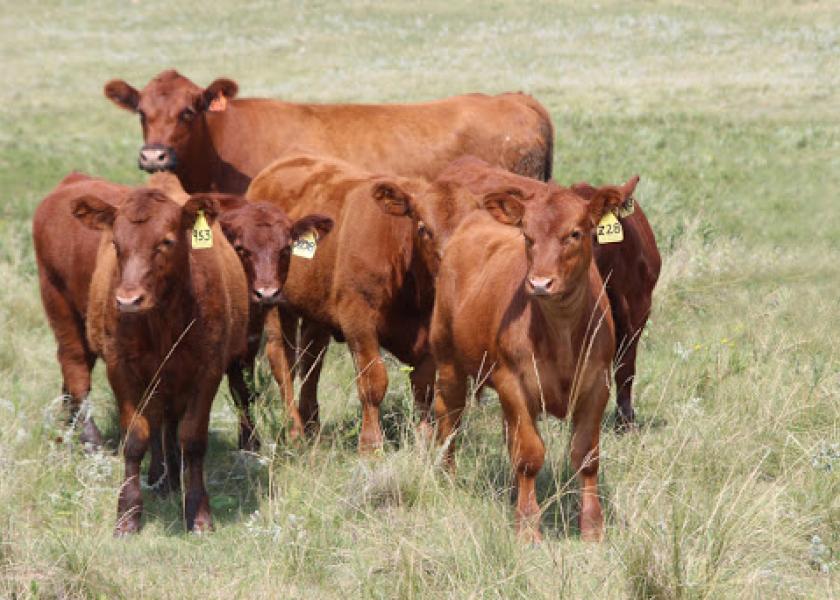R-CALF Loses Appeal On RFID Challenge

Ranchers lost their federal claims in an appeal of a suit originally filed in 2019 against USDA and the Secretary of Agriculture challenging the use of two private groups to help develop the government’s proposed rule requiring the use of electronic ear tags for cattle.
The United States Circuit Court of Appeals for the 10th District on Friday ruled against R-CALF USA and ranchers from Wyoming and South Dakota who had challenged the agencies use of two private groups to help formalize the government’s proposed rule requiring electronic ear tags. The ranchers claimed the Cattle Traceability Working Group (CTWG) and the Producers Traceability Council (PTC) were subject to the Federal Advisory Committee Act (FACA), but the three-judge panel disagreed.
In April 2019, USDA’s Animal and Plant Health Inspection Service (APHIS) published its mandatory radio frequency identification (RFID) mandate which was scheduled to go into effect Jan. 1, 2023. R-CALF USA sued in October 2019, alleging the agencies’ mandate was unlawful. Subsequently, the agencies withdrew the mandate and asked the court to dismiss the lawsuit on grounds that the agencies had voluntarily cured their violation.
That lawsuit was dismissed by a federal judge in February 2020 when the USDA withdrew a factsheet promoting the change. That’s when the CTWG and PTC began meeting to discuss the technology. USDA claimed it neither created nor managed the groups, but R-CALF USA called the group’s makeup biased and claimed violations of the FACA. R-CALF filed an amended complaint in April 2021, asking the court “to issue a declaratory judgment that [defendants] violated FACA,” or to enjoin defendants from using any “of the work product from” CTWG or PTC. When the lower court dismissed the second complaint in May 2021, the plaintiffs appealed.
Harriet Hageman, an attorney with New Civil Liberties Alliance, told the three-judge appeals court USDA couldn’t have moved forward with rulemaking without the working groups’ input and urged the panel to focus on the rule’s consequences.
“The harm is the USDA is trying to move forward with a radio-frequency identification requirement based on two committees illegally formed under FACA,” Hageman said.
The Circuit Court, however, disagreed with Hageman.
“We agree with the district court that there is no basis to conclude that defendants either ‘established’ or ‘utilized’ the Cattle Traceability Working Group or Producers Traceability Council within the meaning of the Federal Advisory Committee Act,” wrote Senior U.S. Circuit Judge Mary Beck Briscoe in a 46-page opinion.
“Consequently, we reject plaintiffs’ requests to direct the entry of judgment in their favor. Instead, we affirm the district court’s decision in its entirety,” she wrote for the panel.
“The evidence in the record quite clearly indicates that both the Cattle Traceability Working Group and Producers Traceability Council were formed by and composed of industry leaders,” Briscoe wrote.







